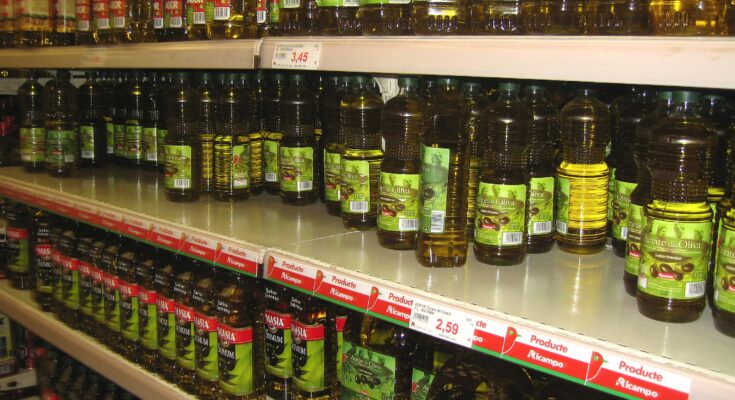Italian authorities have disrupted an alleged counterfeit olive oil ring and confiscated 42 tons of the food product, valued at $1 million.
According to a bulletin put out by the Carabinieri (Italian military police force), seven people have been accused of adulteration of food substances intended for criminal conspiracy, fraud in public military supplies, and adulteration of food for export.
Search warrants for 18 garages and warehouses were acted upon. Raids were carried out overnight on Monday in the Puglia region.
A handful of the 42 tons of counterfeit extra virgin olive oil were already packaged and ready to be sold. Officials took away 71 tons of what was called an “oily substance” in plastic tanks in addition to 623 liters of chlorophyll, a component of extra virgin olive oil that was being blended into lower-quality oils.
The Carabinieri also uncovered packaging equipment, commercial documentation including 1,145 customs excise duty stamps that are being examined for forgery, and labels stating that the oil was “extra virgin,” the statement said. Vans, computers, and loading equipment were also taken by police officers.
Officials also confiscated 174 bottles of champagne, which is currently being tested. It too is believed to possibly be counterfeit. The investigation began in September last year with the arrest of 11 people in Italy and Spain and the confiscation of 12 barrels filled with 260,000 liters of non-virgin olive oil.
Counterfeit olive oil on the rise
The production of counterfeit extra virgin olive oil has surged in recent years. This is the result of both the popularity of the Mediterranean diet and the consequences of climate change. It has monumentally shrunk production in southern Europe amid severe droughts, according to the International Olive Council.
At the beginning of the year, authorities conducted 50 restaurant raids in Rome and uncovered seed oil being passed off as extra virgin olive oil.
Greece’s current olive oil production
In Greece, this year’s unusually high olive oil prices relate to supply and demand. The crop year of 2023-24 was challenging for most Greek producers. They produced a lower quantity of olive oil than usual and, in some cases, struggled to achieve the desired quality.
Weather-related poor harvests significantly reduced the global olive oil supply. In certain cases, larger companies with many suppliers seemed better able to cope with the challenges than some of the small businesses whose olive oil comes from their own estate or a smaller number of farms. However, results varied widely.
Given the disappointing harvest in many parts of Greece, people have shared their concern about growing evidence of the effect of global warming on olive trees. We are witnessing worse droughts and forest fires, more extreme weather events, and unusually mild winters (which are not beneficial for olive trees, given their need for a certain amount of sustained cold).



